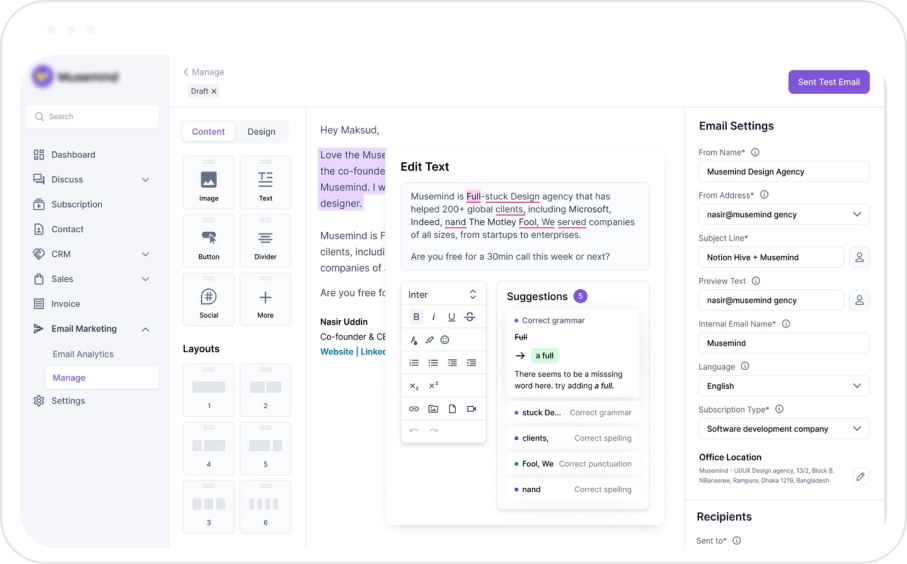Overview of AI Tools for Software Development
AI tools have become essential components in the modern software development landscape, offering developers advanced capabilities to automate tasks, optimize performance, and improve code quality. These tools leverage machine learning (ML), deep learning, and natural language processing (NLP) to assist in various stages of the development lifecycle, from coding and debugging to deployment and monitoring.
Read More












